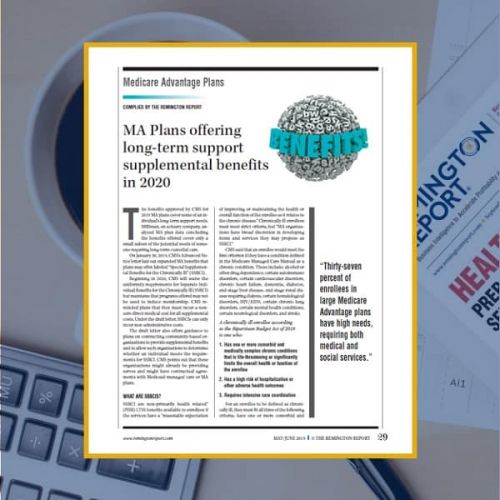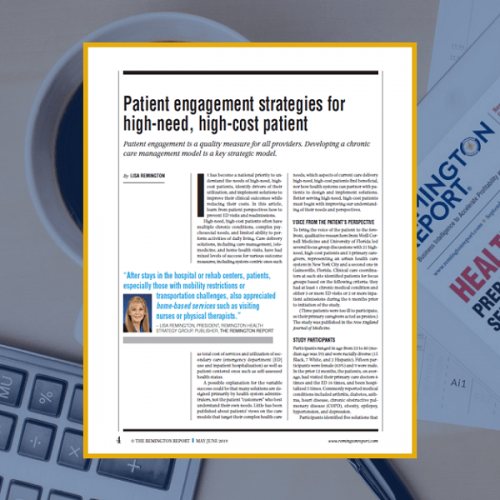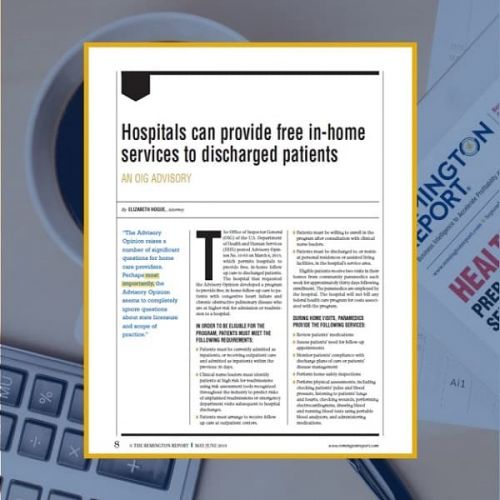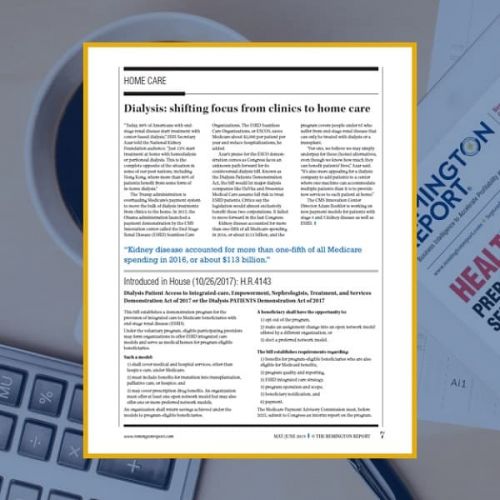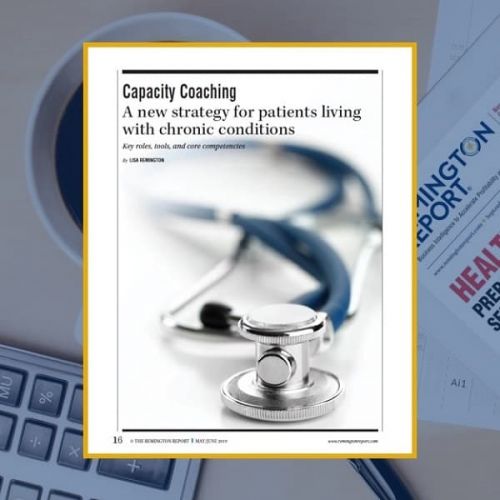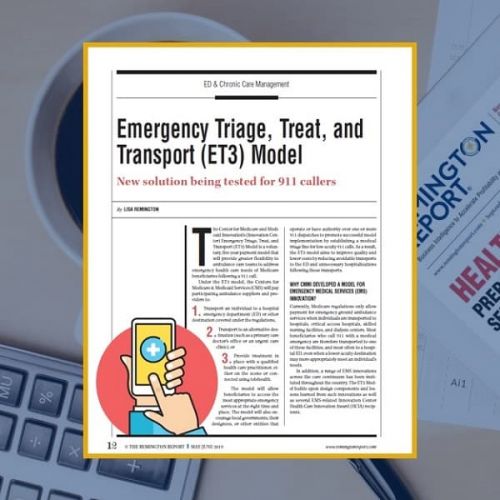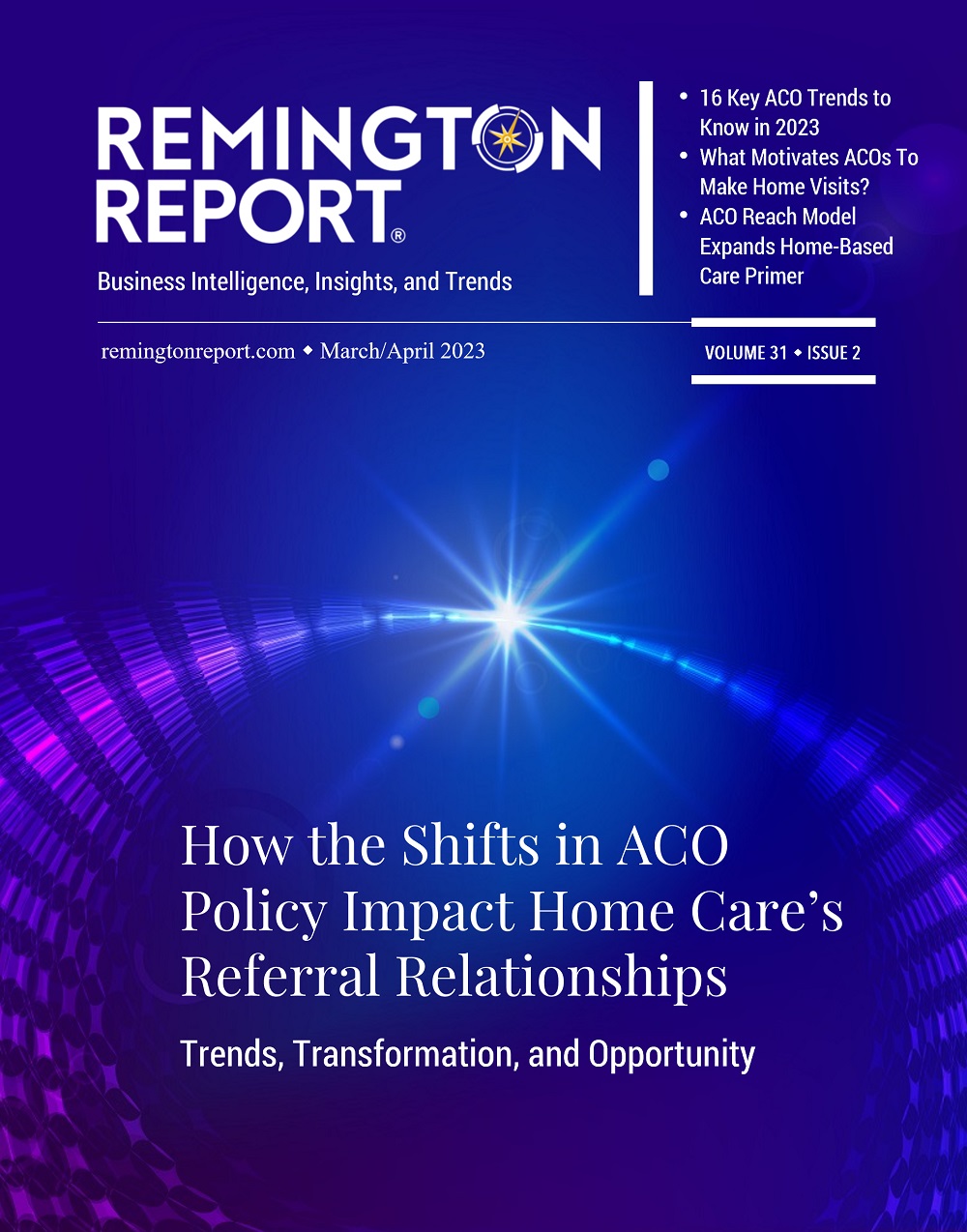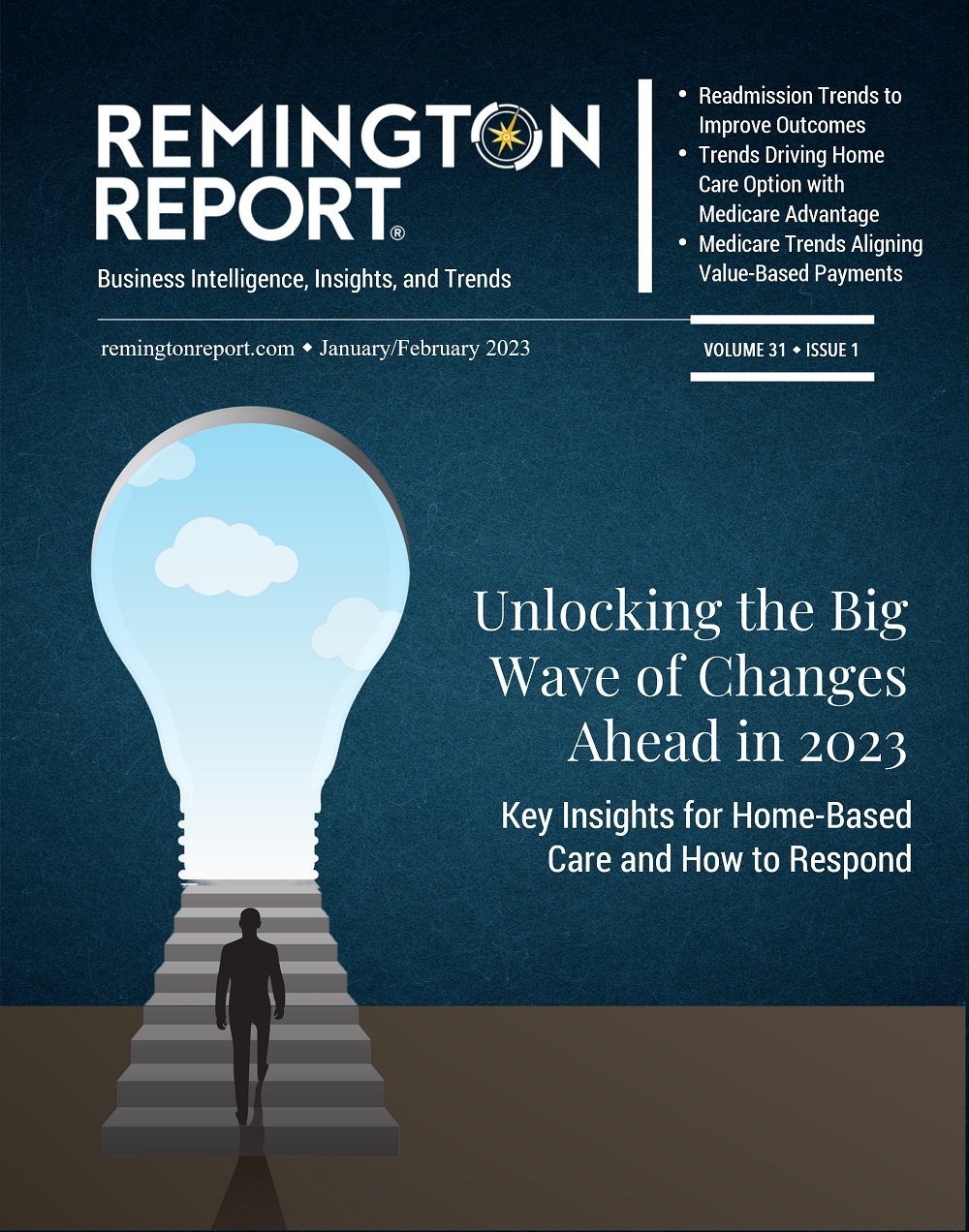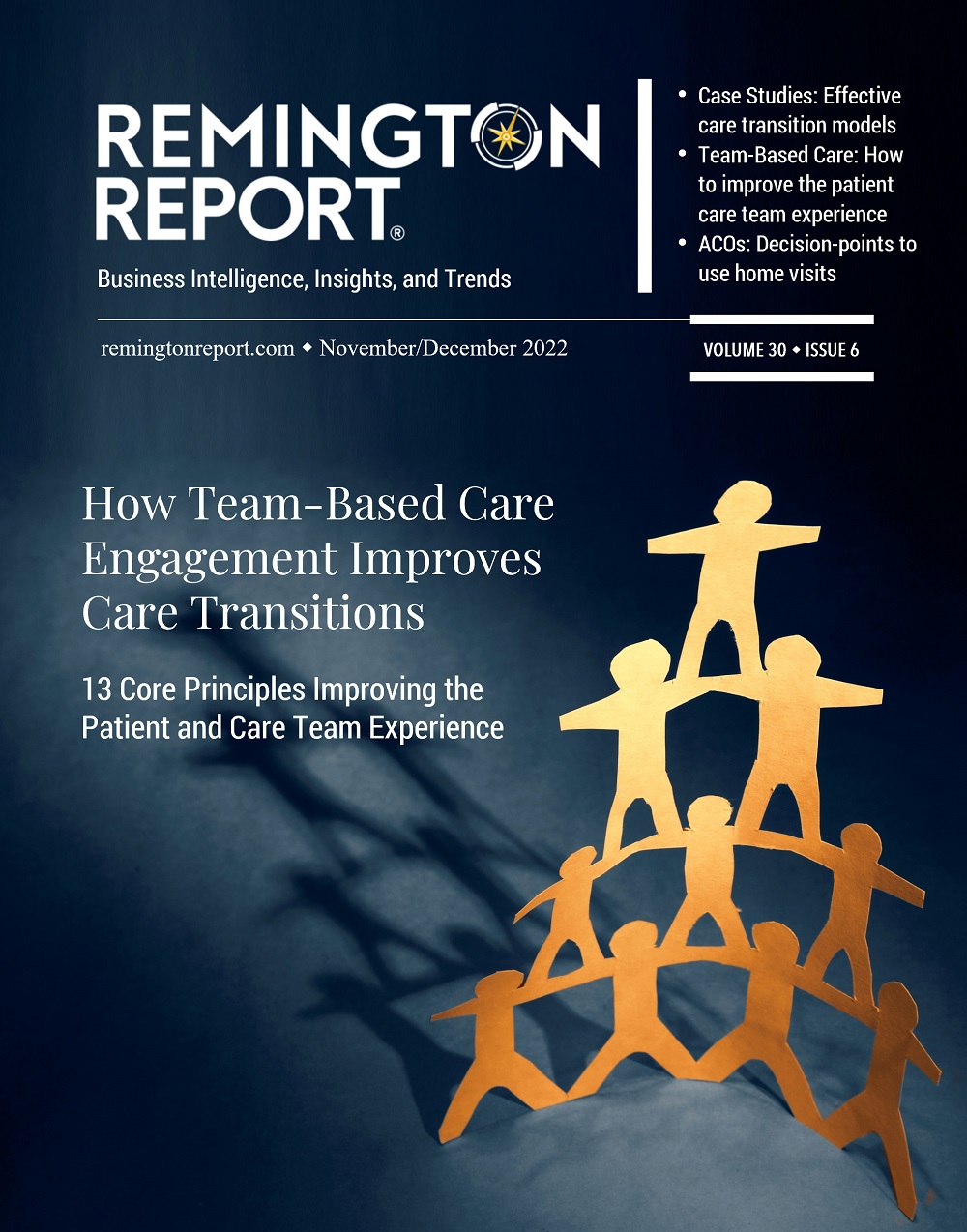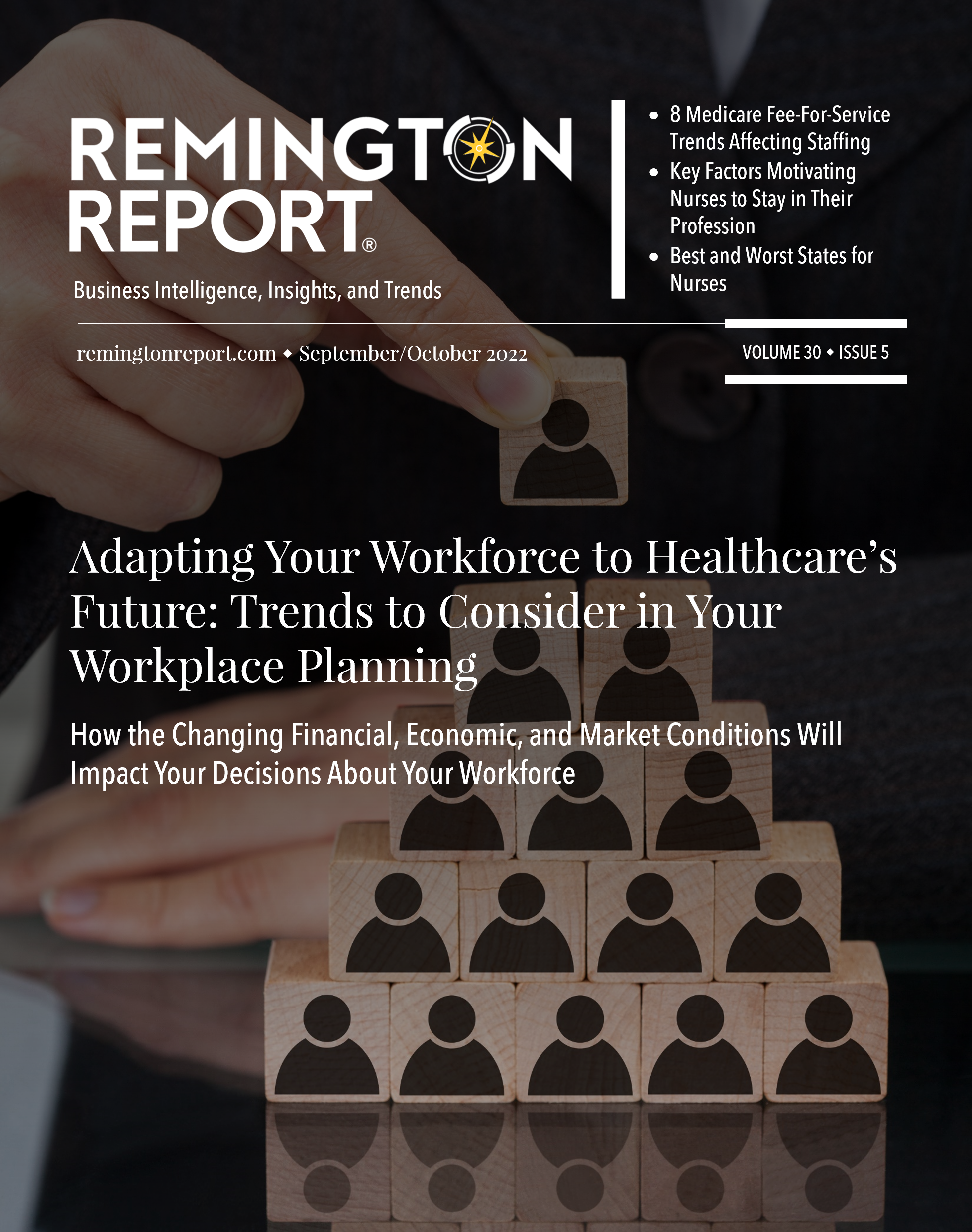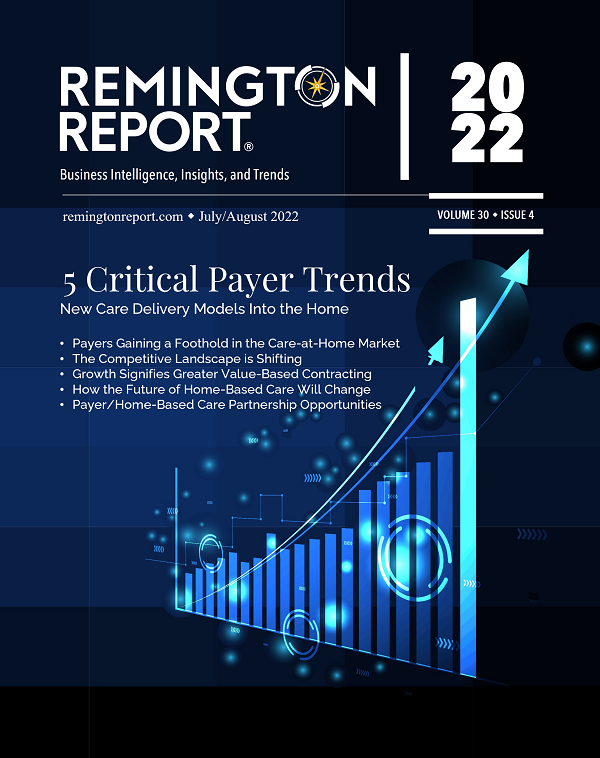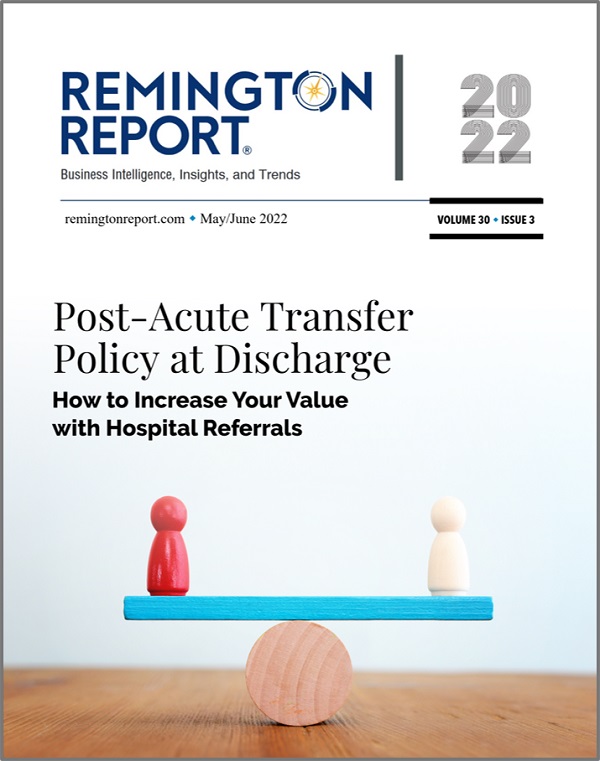-
 The Centers for Medicare & Medicaid Innovation (CMMI) recently announced five new payment models transforming?kidney care so that patients?with chronic kidney disease have access to high quality, coordinated care. The payment models are in response to an executive order signed by President Trump on advancing kidney health. This article is free to 1-Year Classic and 2-Year Premium subscribers.
The Centers for Medicare & Medicaid Innovation (CMMI) recently announced five new payment models transforming?kidney care so that patients?with chronic kidney disease have access to high quality, coordinated care. The payment models are in response to an executive order signed by President Trump on advancing kidney health. This article is free to 1-Year Classic and 2-Year Premium subscribers. -
 Aggressive moves by payers teaming up with big players such as CVS are advancing their healthcare programs into the home. How does this impact healthcare organizations? Are these new partnering opportunities or, a new competitor on the horizon? This article is free to 1-Year Classic and 2-Year Premium subscribers.
Aggressive moves by payers teaming up with big players such as CVS are advancing their healthcare programs into the home. How does this impact healthcare organizations? Are these new partnering opportunities or, a new competitor on the horizon? This article is free to 1-Year Classic and 2-Year Premium subscribers. -
 Telehealth is predicted to be the next big investment for seniors aging in place. The number of seniors requiring additional caregiving and support due to chronic disease will increase from about 14 percent of the senior population in 2010 to 21 percent by 2050, putting the pressure on healthcare providers to improve caregiving platforms. This article is free to 1-Year Classic and 2-Year Premium subscribers.
Telehealth is predicted to be the next big investment for seniors aging in place. The number of seniors requiring additional caregiving and support due to chronic disease will increase from about 14 percent of the senior population in 2010 to 21 percent by 2050, putting the pressure on healthcare providers to improve caregiving platforms. This article is free to 1-Year Classic and 2-Year Premium subscribers. -
 Prior authorizations take time away from patients and interject a third party into the doctor-patient relationship. There are many frustrations with prior authorizations, but the time spent getting payer permission is a common thread among all doctors. The average practice spends more than 15 hours per week total on them. This article is free to 1-Year Classic and 2-Year Premium subscribers.
Prior authorizations take time away from patients and interject a third party into the doctor-patient relationship. There are many frustrations with prior authorizations, but the time spent getting payer permission is a common thread among all doctors. The average practice spends more than 15 hours per week total on them. This article is free to 1-Year Classic and 2-Year Premium subscribers. -
 Eighty percent of ACOs reported using home visits for some of their patients, with larger ACOs more commonly using home visits. Under alternative payment models ? including accountable care organization (ACO) contracts ? providers may have greater motivation to improve care delivery for patients with complex clinical needs because they are responsible for the patients? total cost of care. This article is free to 1-Year Classic and 2-Year Premium subscribers.
Eighty percent of ACOs reported using home visits for some of their patients, with larger ACOs more commonly using home visits. Under alternative payment models ? including accountable care organization (ACO) contracts ? providers may have greater motivation to improve care delivery for patients with complex clinical needs because they are responsible for the patients? total cost of care. This article is free to 1-Year Classic and 2-Year Premium subscribers.

